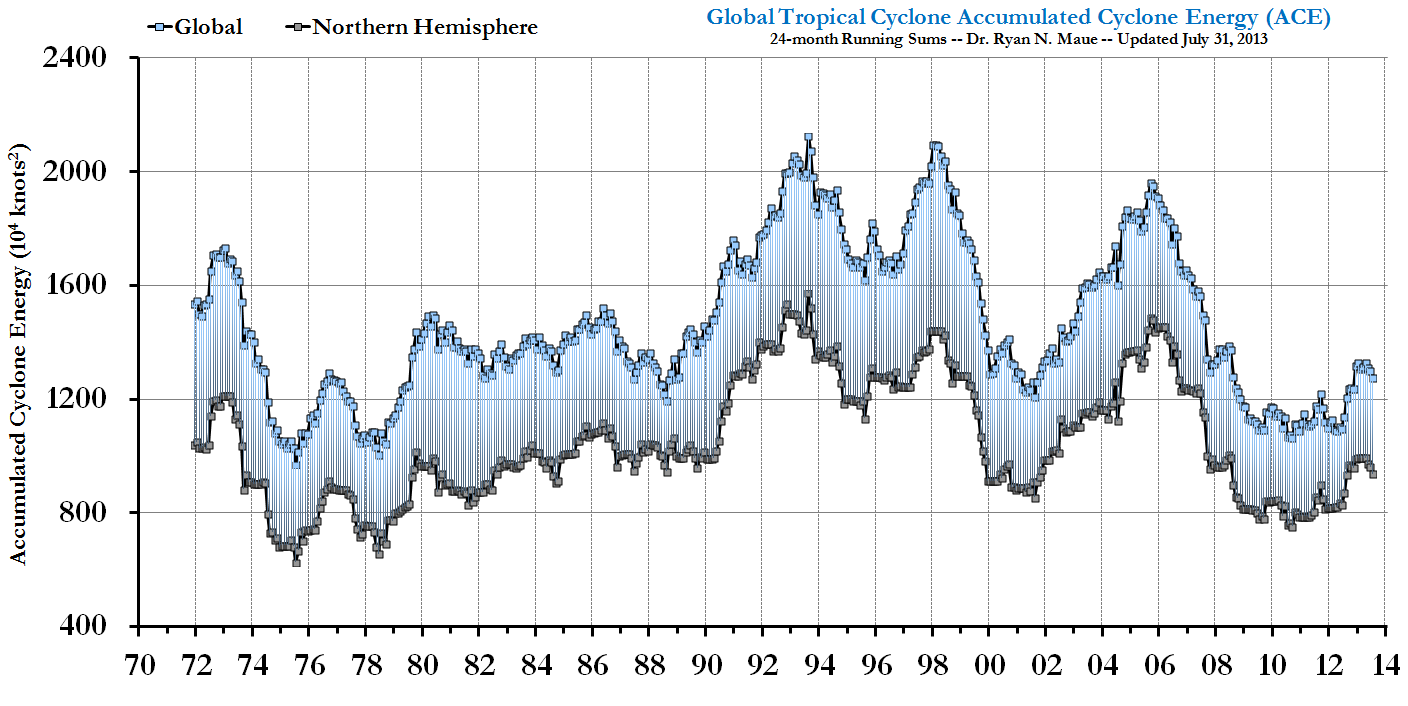Post by havelock on Aug 26, 2010 18:45:55 GMT
From www.newscientist.com/article/mg20727754.200-time-to-blame-climate-change-for-extreme-weather.html
IT IS time to start asking the hard questions. Countless people in flood-stricken Pakistan have lost families and livelihoods. Who can they hold responsible and turn to for reparations?
Less than a decade ago, these questions would have been dismissed outright. "Many scientists at the time said that you can never blame an individual weather event on climate change," says Myles Allen of the University of Oxford. But a small meeting of scientists in Colorado last week - organised by the US National Oceanic and Atmospheric Administration, the UK Foreign and Commonwealth Office and the UK Met Office's Hadley Centre, among others - suggests the tide is turning.
The aim of the Attribution of Climate-Related Events workshop was to discuss what information is needed to determine the extent to which human-induced climate change can be blamed for extreme weather events - possibly even straight after they have happened.
Assigning blame in this way is not without precedent. In 2004, Allen and his colleagues showed to a high level of confidence that human greenhouse gas emissions had at least doubled the risk of the European heatwave of 2003 occurring.
The basic idea in producing such a figure is straightforward. Run thousands of simulations of the climate as it is and as it would have been without human influences, then compare the number of times a given event occurs in each scenario. In 2004, technological limitations made it impossible to run simulations for long enough to reproduce the 2003 heatwave, so the analysis involved making certain assumptions.
"With the tools we have today we can do much better," says Allen. His team is now using borrowed computing space from thousands of PC owners to run simulations for recent devastating weather events, though their results are not yet in.
Kevin Trenberth of the National Center for Atmospheric Research in Boulder, Colorado, thinks similar analyses should be done within weeks of an event. For instance, we know that high sea-surface temperatures and large amounts of moist air over the Indian Ocean helped bring about the Pakistani floods and the heatwave in Russia. It should be possible to determine how great a role human climate change played in these events, Trenberth says.
The role of climate change can be examined in other weather events too. Indeed, Allen thinks all climate events should be analysed, to avoid giving the impression that a greater number of events are affected by climate change than is the case. "For most events, the impact of climate change is probably quite small."
Ultimately, though, putting numbers on the consequences of climate change will open the door to legal challenges. "There is a possibility that people who are adversely affected by climate change might seek compensation from those they feel are responsible," says Allen.
Trenberth agrees. "It comes to the question: given that there is a global warming component to an event, is there any way in which you can sue somebody for it? Who do you sue?" He points out, though, that it will always be difficult to rule out natural variation in climate. "It's going to be messy."
It already is. In 2005, victims of hurricane Katrina filed a lawsuit against a group of oil companies, claiming that they had created the environmental conditions in the Gulf of Mexico that strengthened Katrina. The case was dismissed in 2007, after it was ruled that the victims had no standing to sue because the harm could not be traced to individual defendants. That decision was reversed in 2009. But in June this year the US Court of Appeals for the Fifth Circuit again dismissed the case, this time because it did not have enough judges to form a quorum. In the process, the judges that were present ruled once more that the plaintiffs had no standing to sue.
There is another reason for finding out how much climate change is to blame for various events. "Hundreds of billions of dollars are potentially available [in a UN fund] to help developing countries adapt to climate change," says Allen. Who gets what share of the funds depends on being able to say which regions have suffered most as a result of climate change. For now, at least, that remains an open question.
IT IS time to start asking the hard questions. Countless people in flood-stricken Pakistan have lost families and livelihoods. Who can they hold responsible and turn to for reparations?
Less than a decade ago, these questions would have been dismissed outright. "Many scientists at the time said that you can never blame an individual weather event on climate change," says Myles Allen of the University of Oxford. But a small meeting of scientists in Colorado last week - organised by the US National Oceanic and Atmospheric Administration, the UK Foreign and Commonwealth Office and the UK Met Office's Hadley Centre, among others - suggests the tide is turning.
The aim of the Attribution of Climate-Related Events workshop was to discuss what information is needed to determine the extent to which human-induced climate change can be blamed for extreme weather events - possibly even straight after they have happened.
Assigning blame in this way is not without precedent. In 2004, Allen and his colleagues showed to a high level of confidence that human greenhouse gas emissions had at least doubled the risk of the European heatwave of 2003 occurring.
The basic idea in producing such a figure is straightforward. Run thousands of simulations of the climate as it is and as it would have been without human influences, then compare the number of times a given event occurs in each scenario. In 2004, technological limitations made it impossible to run simulations for long enough to reproduce the 2003 heatwave, so the analysis involved making certain assumptions.
"With the tools we have today we can do much better," says Allen. His team is now using borrowed computing space from thousands of PC owners to run simulations for recent devastating weather events, though their results are not yet in.
Kevin Trenberth of the National Center for Atmospheric Research in Boulder, Colorado, thinks similar analyses should be done within weeks of an event. For instance, we know that high sea-surface temperatures and large amounts of moist air over the Indian Ocean helped bring about the Pakistani floods and the heatwave in Russia. It should be possible to determine how great a role human climate change played in these events, Trenberth says.
The role of climate change can be examined in other weather events too. Indeed, Allen thinks all climate events should be analysed, to avoid giving the impression that a greater number of events are affected by climate change than is the case. "For most events, the impact of climate change is probably quite small."
Ultimately, though, putting numbers on the consequences of climate change will open the door to legal challenges. "There is a possibility that people who are adversely affected by climate change might seek compensation from those they feel are responsible," says Allen.
Trenberth agrees. "It comes to the question: given that there is a global warming component to an event, is there any way in which you can sue somebody for it? Who do you sue?" He points out, though, that it will always be difficult to rule out natural variation in climate. "It's going to be messy."
It already is. In 2005, victims of hurricane Katrina filed a lawsuit against a group of oil companies, claiming that they had created the environmental conditions in the Gulf of Mexico that strengthened Katrina. The case was dismissed in 2007, after it was ruled that the victims had no standing to sue because the harm could not be traced to individual defendants. That decision was reversed in 2009. But in June this year the US Court of Appeals for the Fifth Circuit again dismissed the case, this time because it did not have enough judges to form a quorum. In the process, the judges that were present ruled once more that the plaintiffs had no standing to sue.
There is another reason for finding out how much climate change is to blame for various events. "Hundreds of billions of dollars are potentially available [in a UN fund] to help developing countries adapt to climate change," says Allen. Who gets what share of the funds depends on being able to say which regions have suffered most as a result of climate change. For now, at least, that remains an open question.


